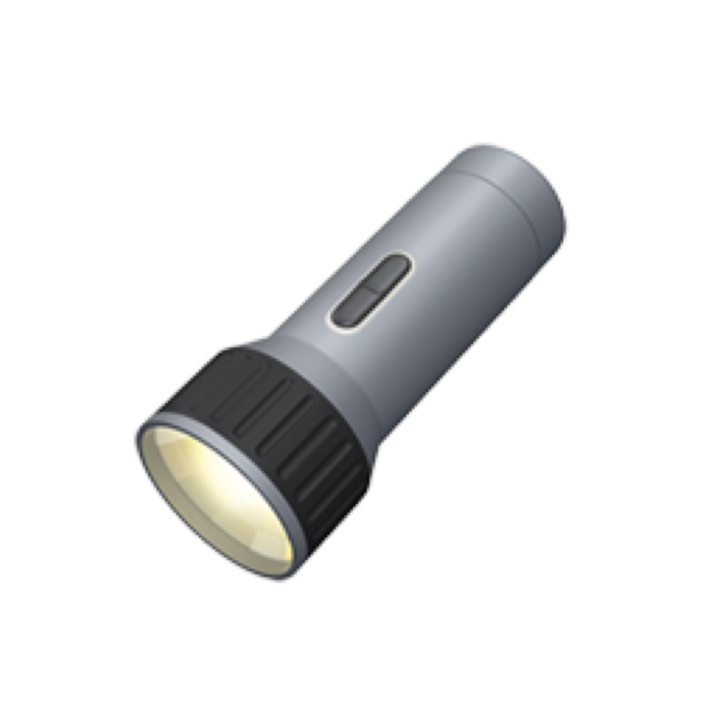BMW 7 SERIES (1995-02)

Buyer's Guide & Data from our Checks
The BMW 7 SERIES (1995-02) is a luxury full-size sedan that offers a premium driving experience and a refined design. It is well-suited for those who value comfort, style, and status, making it a popular choice among executives and private buyers looking for a vehicle that stands out. The model’s reputation for smooth handling and a plush interior helps it maintain its standing in the used car market.
According to data from mycarcheck.com, there have been over 1,200 lookups for this BMW 7 SERIES, with nearly 500 different VINs recorded, highlighting its popularity among UK buyers. Typically, these cars have a mileage around 129,000 miles and are often passed through several owners, with an average of about six previous keepers. The private sale value sits around £700, which indicates a strong market presence for well-maintained examples.
What makes the BMW 7 SERIES (1995-02) notable is its blend of luxury and reliability, often praised for a comfortable ride and advanced features for its era. When compared to rivals, it stands out for its solid build quality and prestigious image, appealing especially to those seeking a high-end, used saloon that offers a balance of performance and elegance.
Key Findings
The following statistics are drawn from our checks of 476 different vehicles, run between February 17th 2021 and December 31st 2025. These real-world insights provide context for this vehicle's place in the market, as well as its typical usage.
1,264
Lookups
Lookups
46
Hidden Histories
Hidden Histories
137k
Average Mileage
Average Mileage
£700
Average Valuation
Average Valuation












